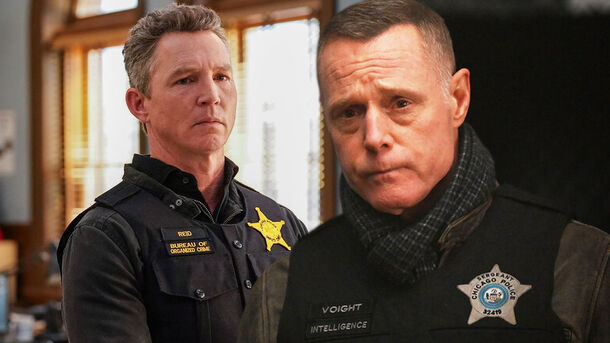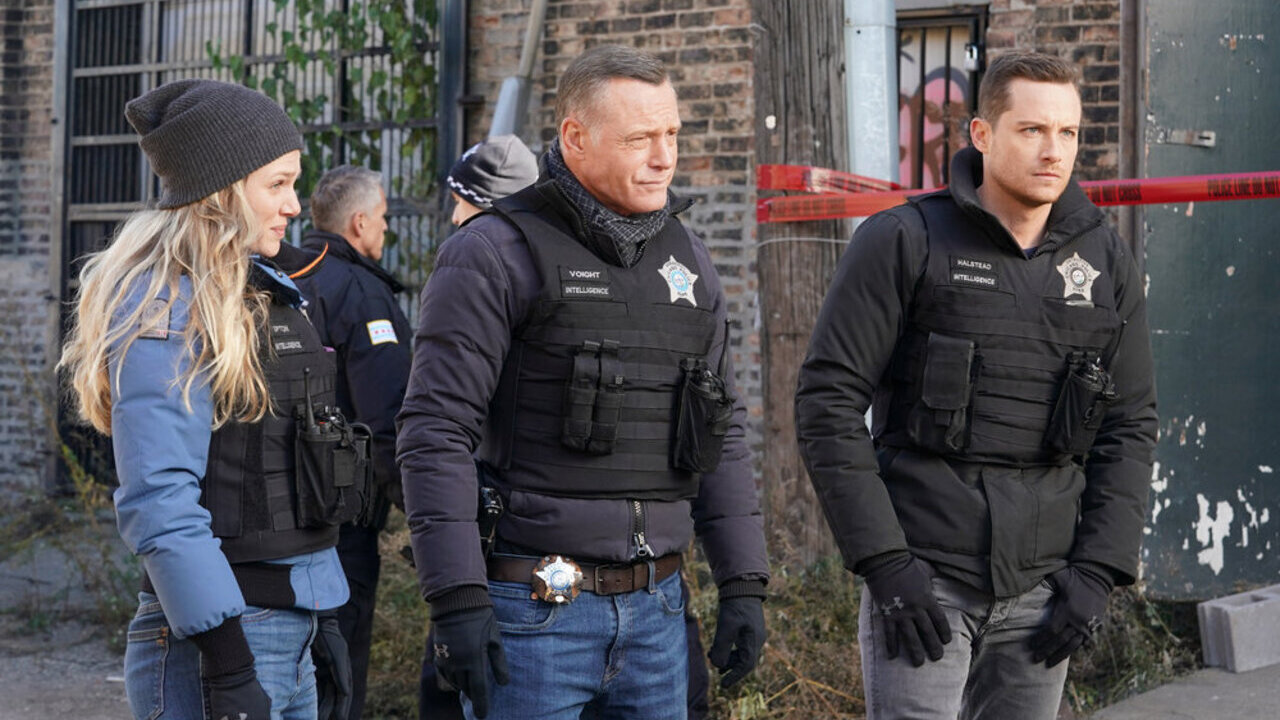In the gritty streets of Chicago, where sirens echo and morality blurs, one name stands above all others — Hank Voight. The grizzled sergeant of the Intelligence Unit isn’t just a commanding figure in the series Chicago P.D. — he is the show’s heartbeat. For over a decade, viewers have followed his turbulent journey, wrestling with the same question: is he a hero, a villain, or something far more complicated?
The answer lies somewhere in the gray — the very space Voight lives in.
A Lawman Without Limits
From his earliest episodes, Voight (portrayed masterfully by Jason Beghe) made it clear: the badge may be pinned to his chest, but the rules don’t always apply. He’s threatened suspects, manipulated evidence, and taken justice into his own hands more times than fans can count.
And yet, millions of viewers root for him. Why? Because Voight doesn’t hide behind a moral mask. He exposes the uncomfortable truth that sometimes the law can’t fix what’s broken — but people like him might.
Voight’s version of justice is brutal, often ugly, but always driven by a fierce sense of protection — for his city, his team, and the victims who don’t get their day in court.
Jason Beghe’s Powerhouse Portrayal
A large part of Voight’s magnetism comes from Jason Beghe’s raw and deeply layered performance. With a gravelly voice and eyes that speak volumes, Beghe doesn’t just play Voight — he is Voight. Every silent stare, clenched jaw, or whispered warning tells a story of pain, loss, and impossible choices.
Beghe has repeatedly said that Voight’s not a “good guy” — but a man trying to do good. That nuance is what keeps the character from becoming just another TV cop. Voight is neither clean-cut nor chaotic — he’s real.
Grief Is His Fuel
Voight’s journey is laced with heartbreak. The death of his son, Justin, still haunts him. The loss of Al Olinsky — his closest friend — nearly broke him. But instead of collapsing, Voight internalizes the pain and keeps going. Each death, each betrayal, becomes another layer of armor — and another reason to fight harder.
It’s this grief-born resilience that commands loyalty. Officers like Jay Halstead, Kim Burgess, and Hailey Upton didn’t just follow Voight because he led well. They followed him because he stood between them and the worst of the world — no matter the cost.
An Antihero for Our Time
Voight embodies the uncomfortable questions we ask of modern policing. Can corruption ever be righteous? Can vengeance be noble? What happens when the law fails?
He forces fans to question their own morality. Would you cross the line to protect your family? Could you forgive yourself if you didn’t?
The Beating Heart of Chicago P.D.
In a show built on gritty cases and emotional trauma, it’s Voight who holds it all together. His methods may be questioned, but his impact is undeniable. Without Hank Voight, there’s no Intelligence Unit. Without him, Chicago P.D. loses its soul.
And that’s why, even with all his scars, Hank Voight remains the one character viewers will never turn away from — because deep down, we know he’d never turn away from us.